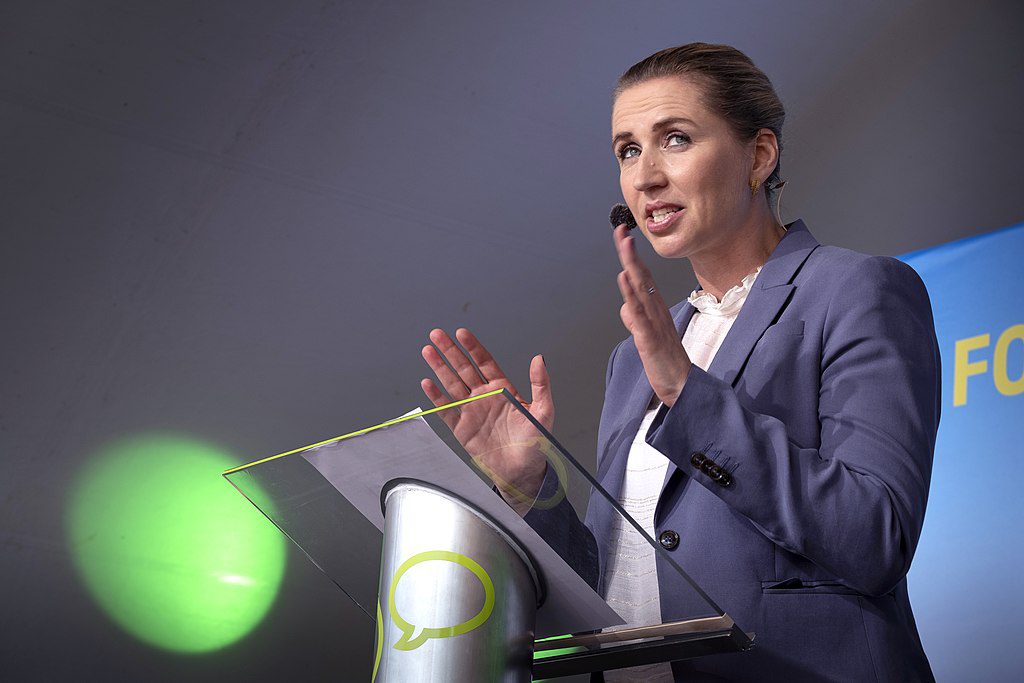
On Wednesday, January 26th, Denmark set a new precedent by its announcement to lift all its COVID restrictions starting next week. In this, it follows the lead of the UK, Ireland, and the Netherlands, which, despite reporting high numbers of Omicron infections, eased their domestic restrictions. The decision came after lower numbers of hospitalisations—due to the now dominant strain—were reported.
The news came as a surprise, since the day before the number of coronavirus-related hospitalisations were reported to have risen to 918, the highest in a year. But health authorities clarified that an estimated 30%-40% of those currently in hospital and who tested positive for the coronavirus were there for reasons other than COVID-19. The number of COVID-19 patients in intensive care had already been falling steadily. Only 44 patients are now in such wards. It is a hopeful sign that the endemic phase of the pandemic might have been reached.
The governmental press release, following a recommendation from the Epidemic Commission, declared that COVID-19 “should no longer be categorized as a socially critical disease” after January 31st, 2022.
If approved by the Danish Parliament, the only rules remaining will be those that cover testing and isolation upon entry to Denmark, which will stay in place for another four weeks. Nightclubs will be able to reopen and restaurants will be able to serve alcohol after 10 p.m. Vaccine passes will no longer be needed to gain entry into any public space. On public transport, commuters will not be required to wear face masks, and shops can lift limits on the maximum number of customers allowed in at the same time. The government will only recommend mask use in hospitals, health care facilities, and homes for the elderly.
At Wednesday’s press conference, Danish Prime Minister Mette Frederiksen announced that “we say goodbye to the restrictions and welcome the life we knew before the pandemic,” adding that “as of February 1st, Denmark will be open.”
“It may seem strange that we want to remove restrictions given the high infection rates,” she explained, “but fewer people have become seriously ill.”
“In only a few days, Denmark will be open again, completely open.”
— Bloomberg Quicktake (@Quicktake) January 27, 2022
Denmark will end all virus restrictions, says PM Mette Frederiksen. The country will no longer categorize #Covid19 as a "socially critical disease" despite record infections https://t.co/hJaHBzLkmp #Covid19DK pic.twitter.com/LUq9T9RQ3f
Even Austria, who only recently had passed a bill making vaccination mandatory, has made concessions. Its lockdown for those not vaccinated against the coronavirus, which forbade them from leaving their homes except for a limited number of reasons such as shopping for essentials or working, will end on Monday. It had been instituted since November 15th.
Um Menschen vor einer Ansteckung zu bewahren & das Gesundheitssystem vor einer Überlastung zu schützen, war es notwendig, Ungeimpfte stärker einzuschränken. Weil sich die Lage in unseren Spitälern aber stabilisiert hat, endet der Lockdown für Ungeimpfte am Montag.
— Karl Nehammer (@karlnehammer) January 26, 2022
The government arrived at the decision because pressure on hospitals had eased, it said on Wednesday. The unvaccinated will however still be barred from taking part in most leisure activities, which include eating in restaurants or shopping for non-essential items. While Austria’s vaccination rate is now at a comfortable 74.34%, its experts seek to reach the 90% mark.
